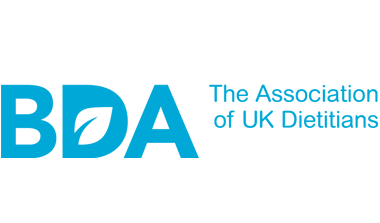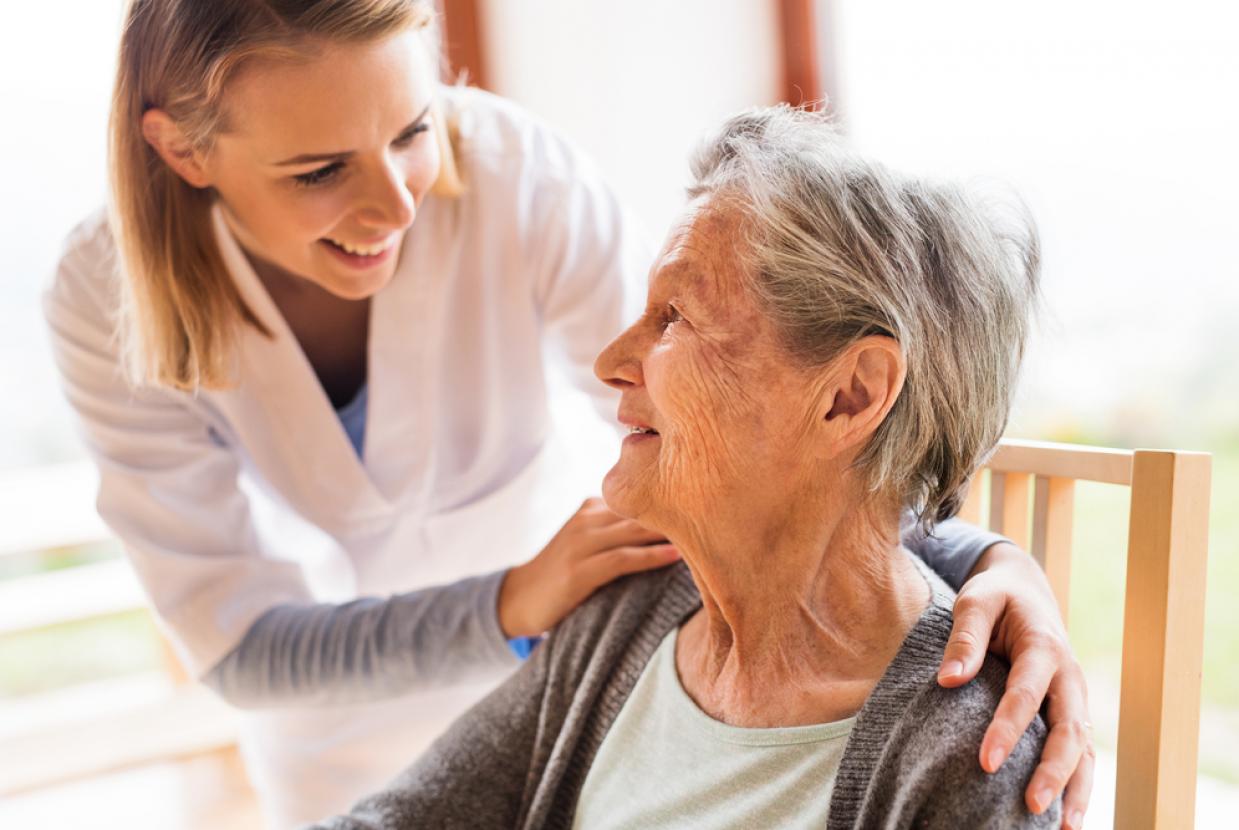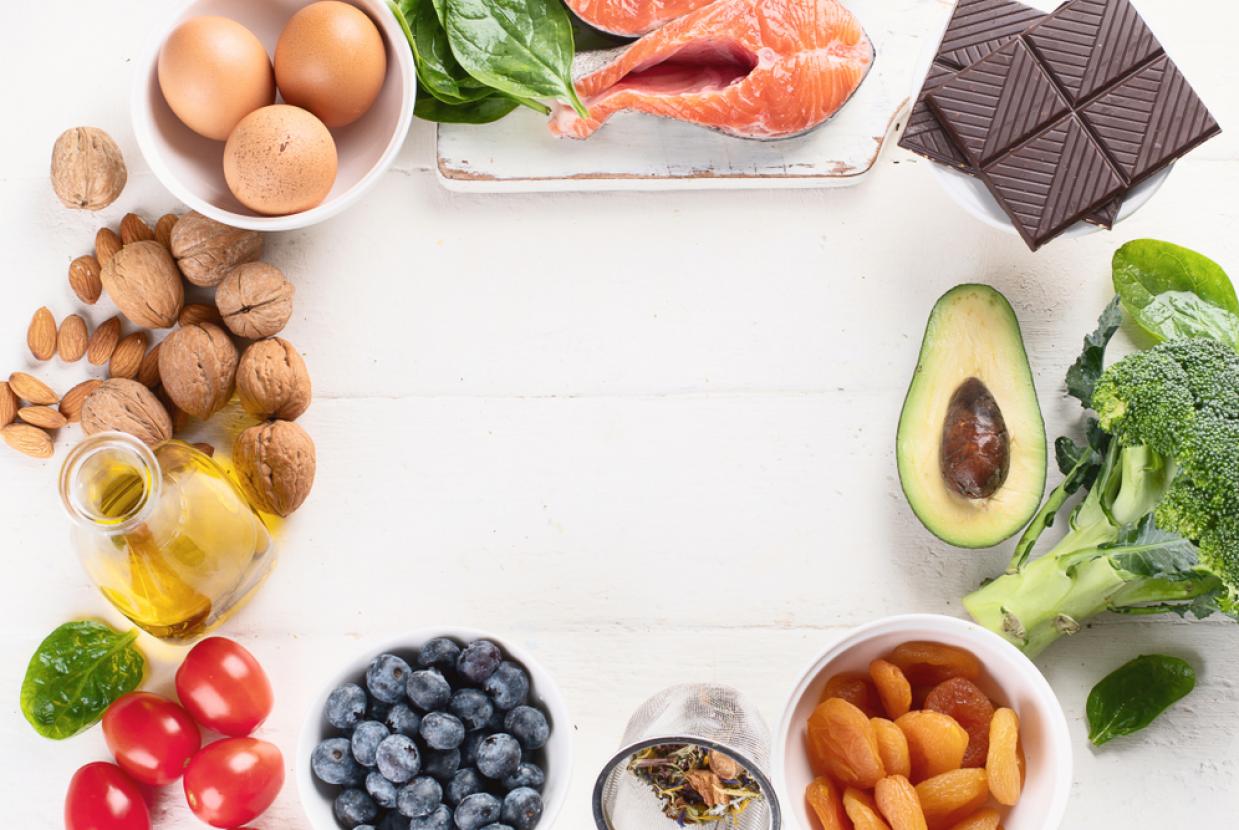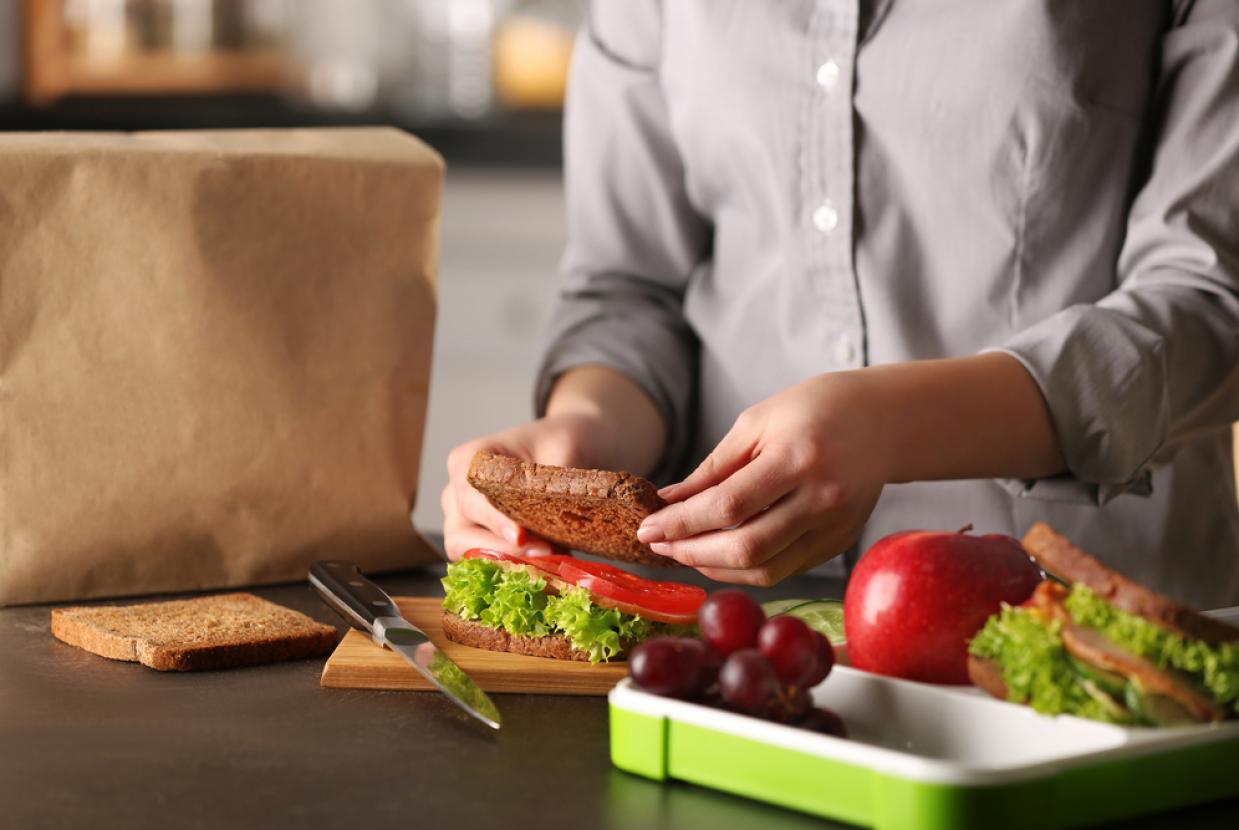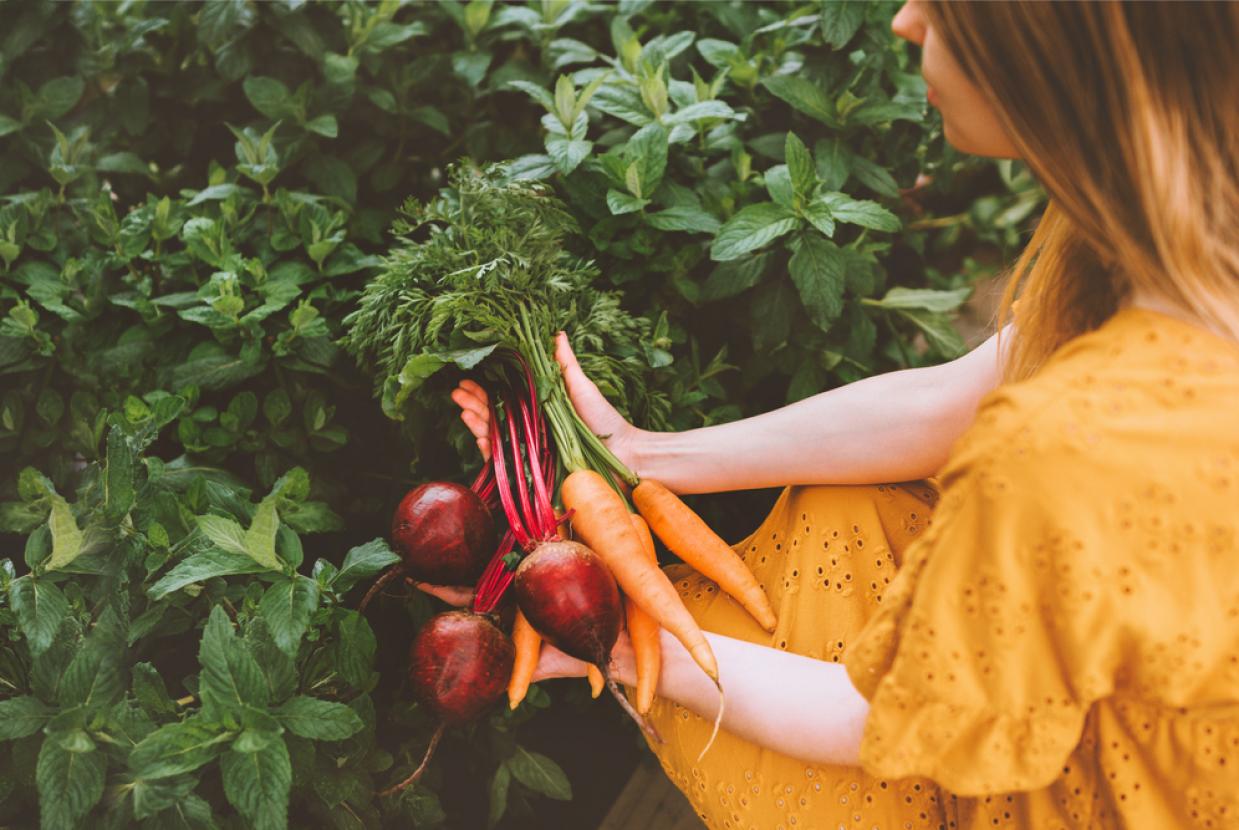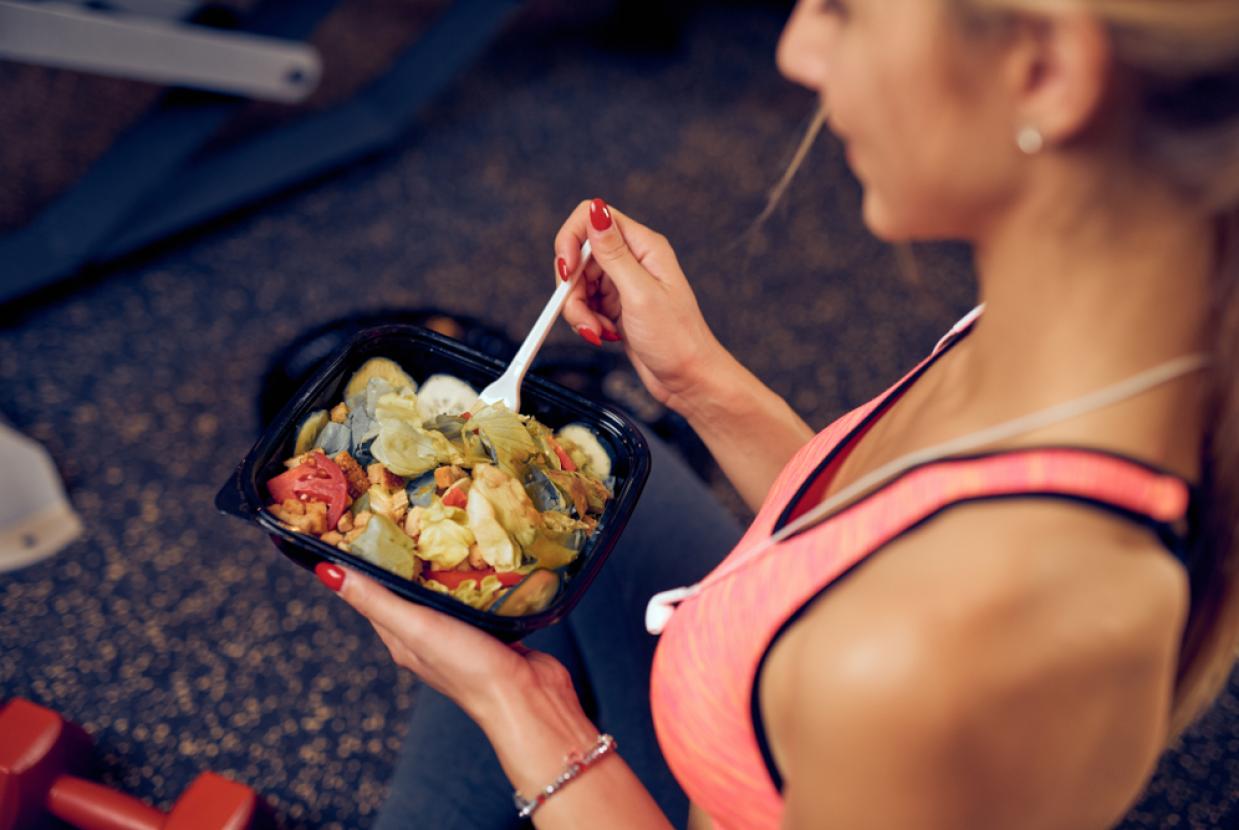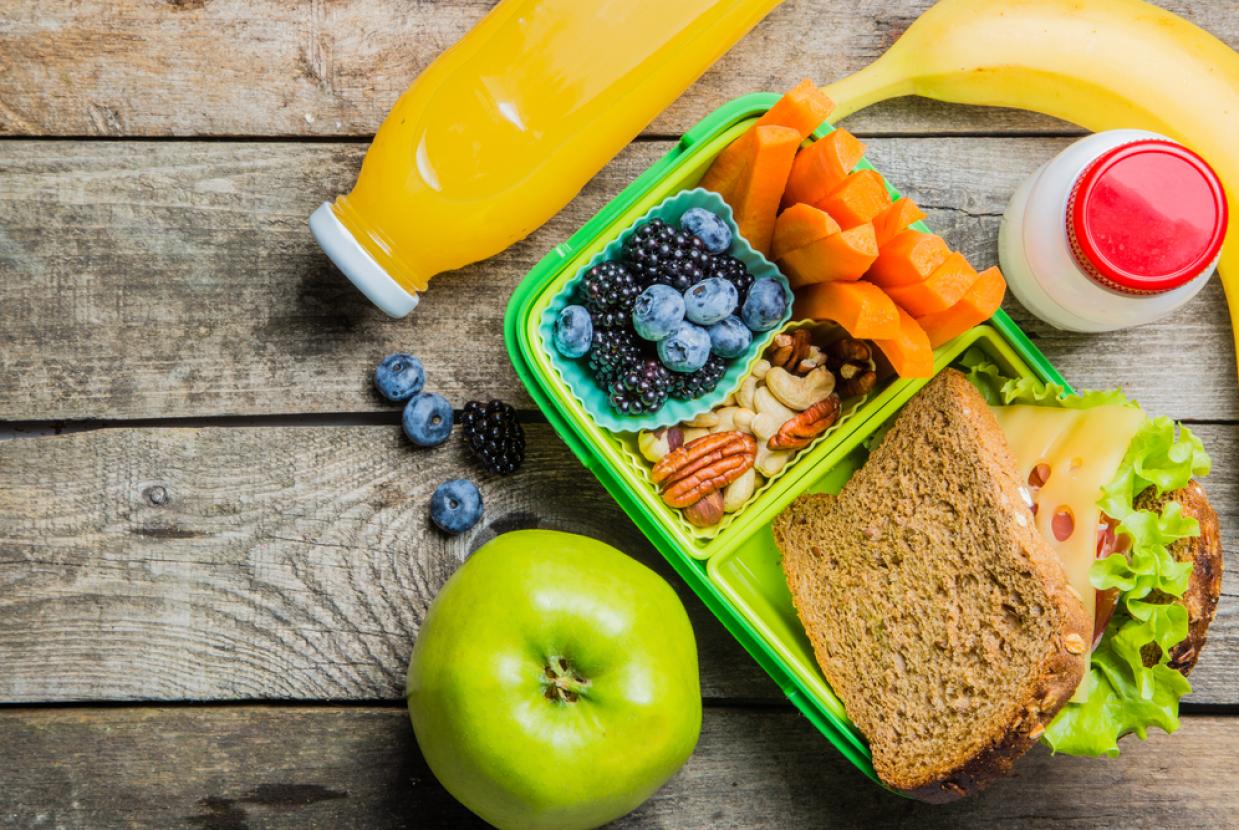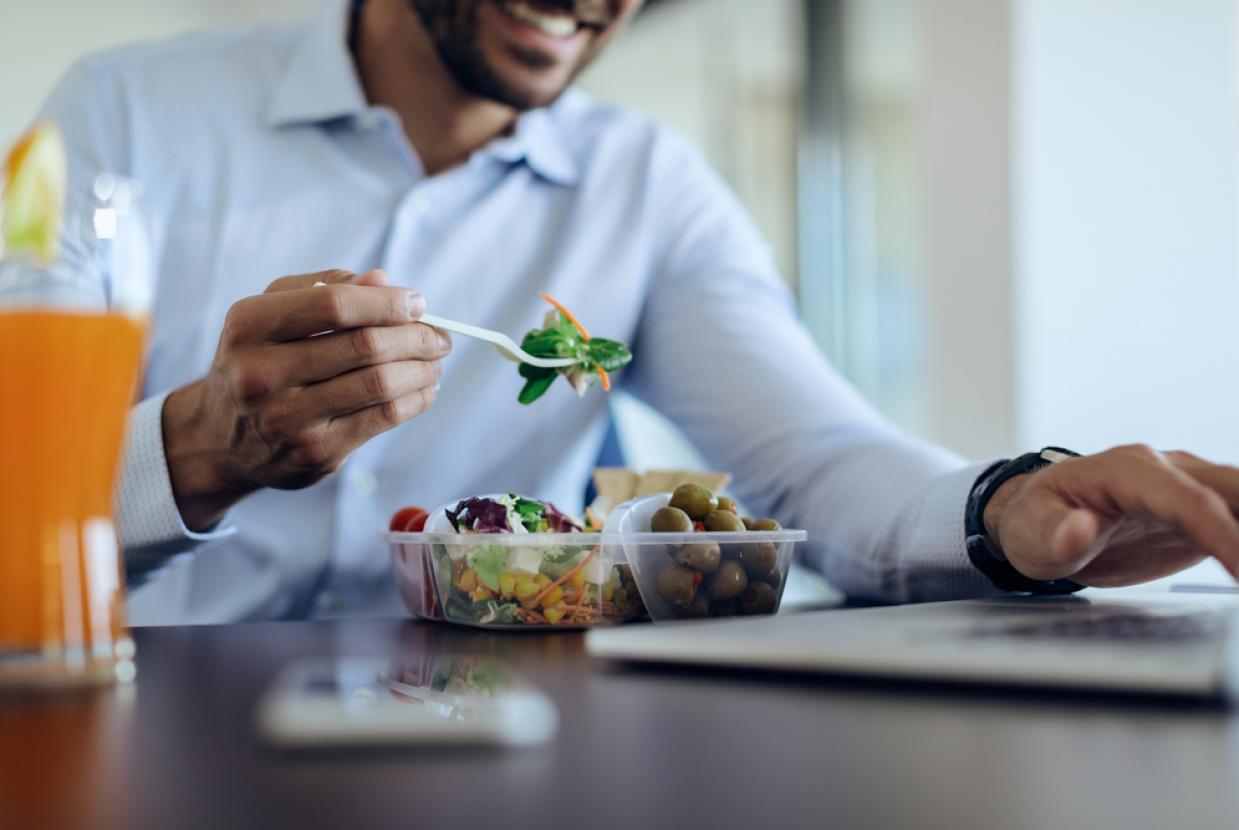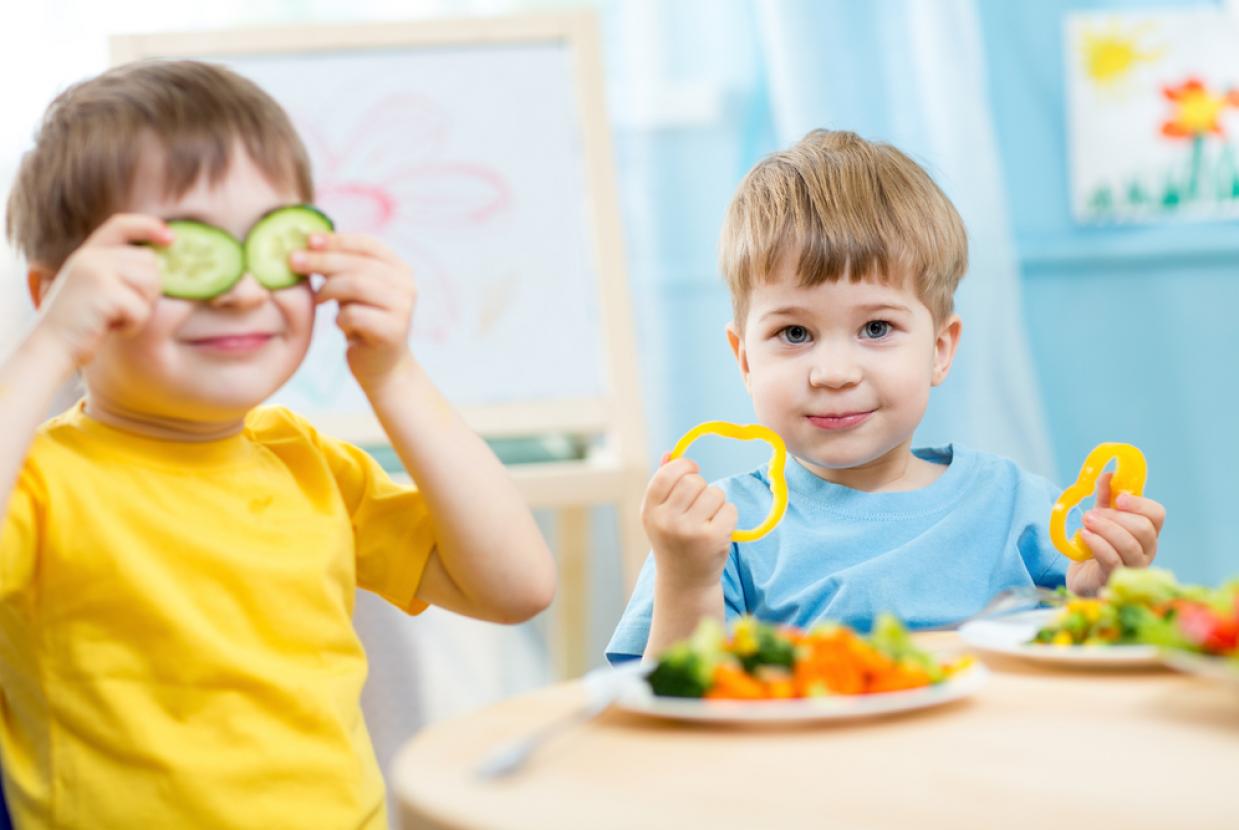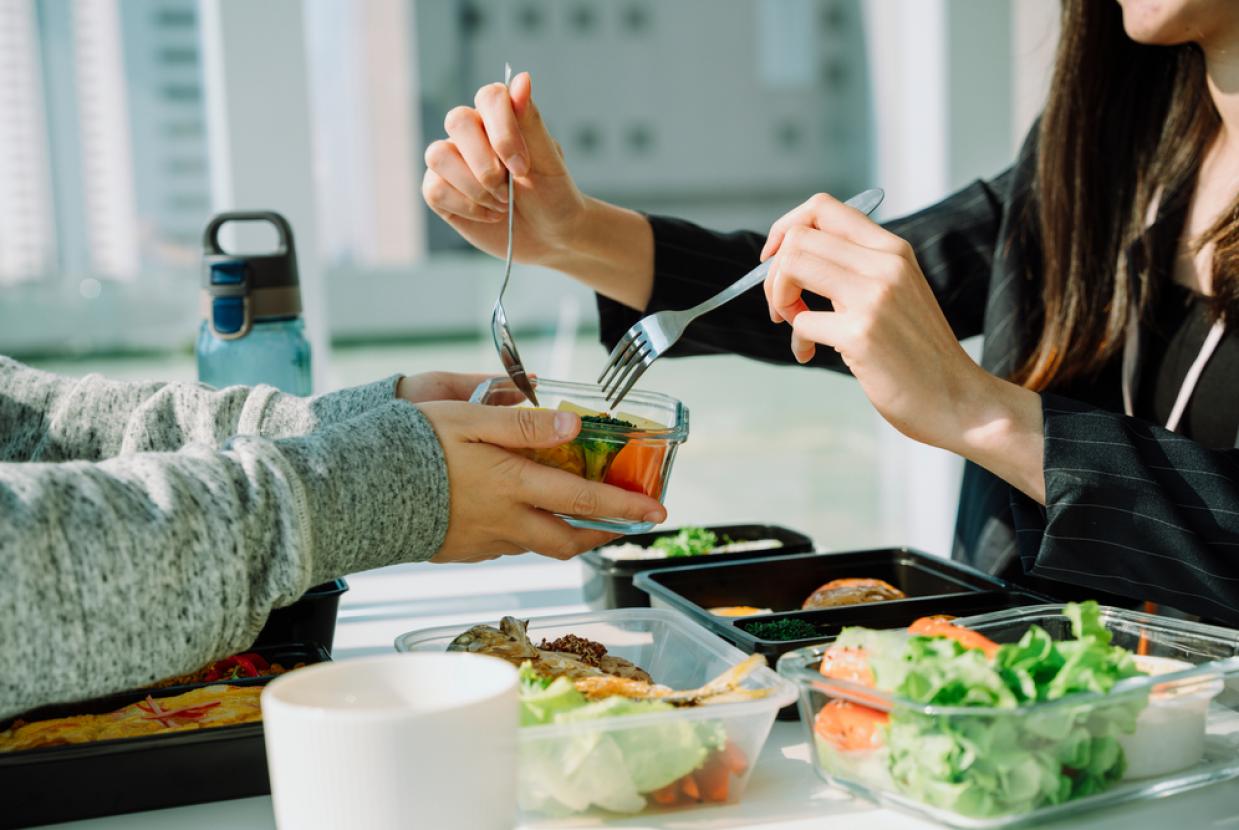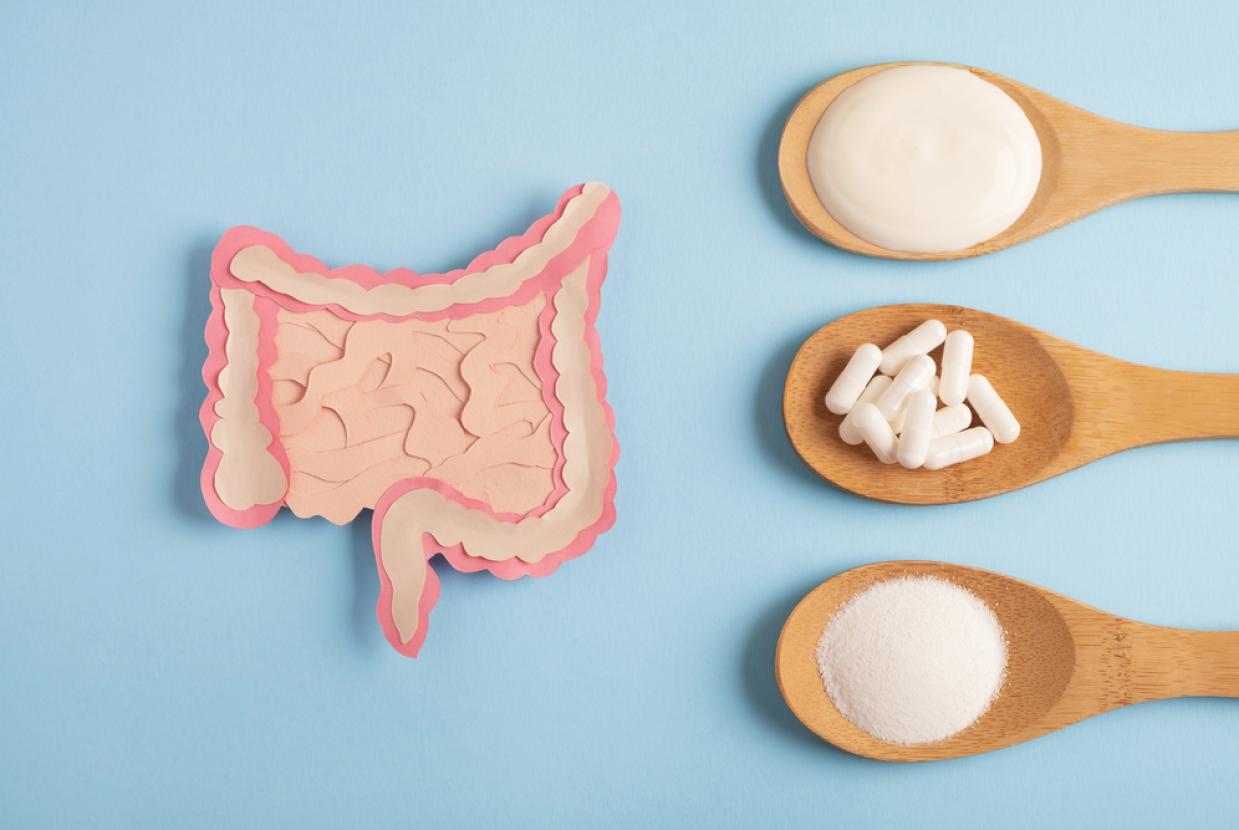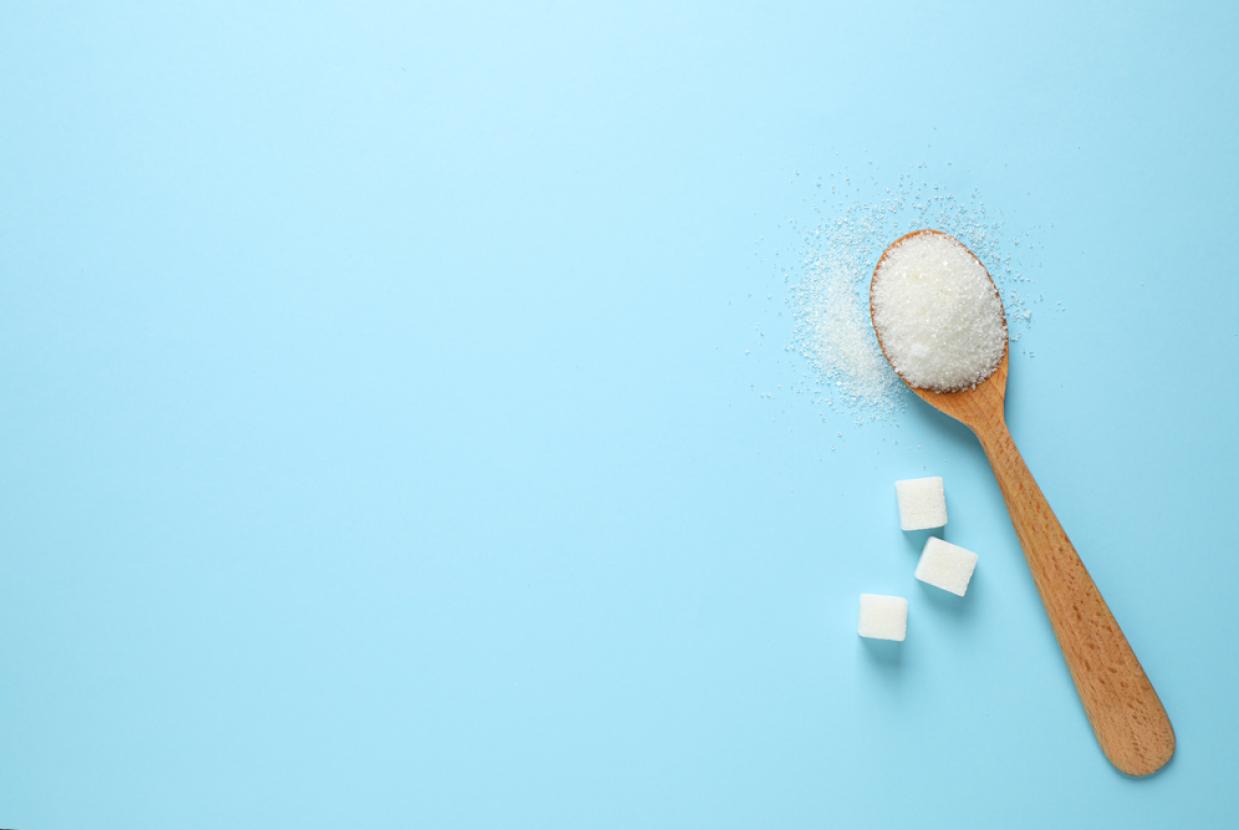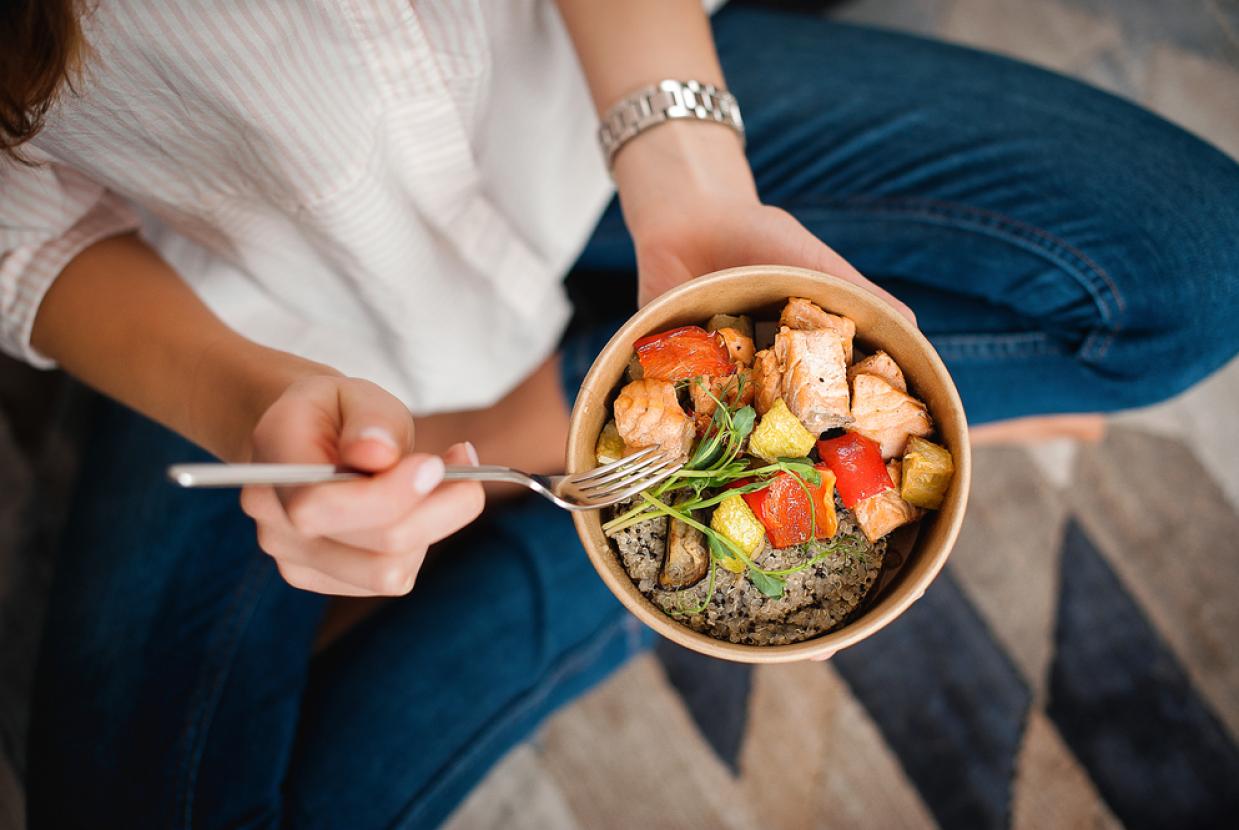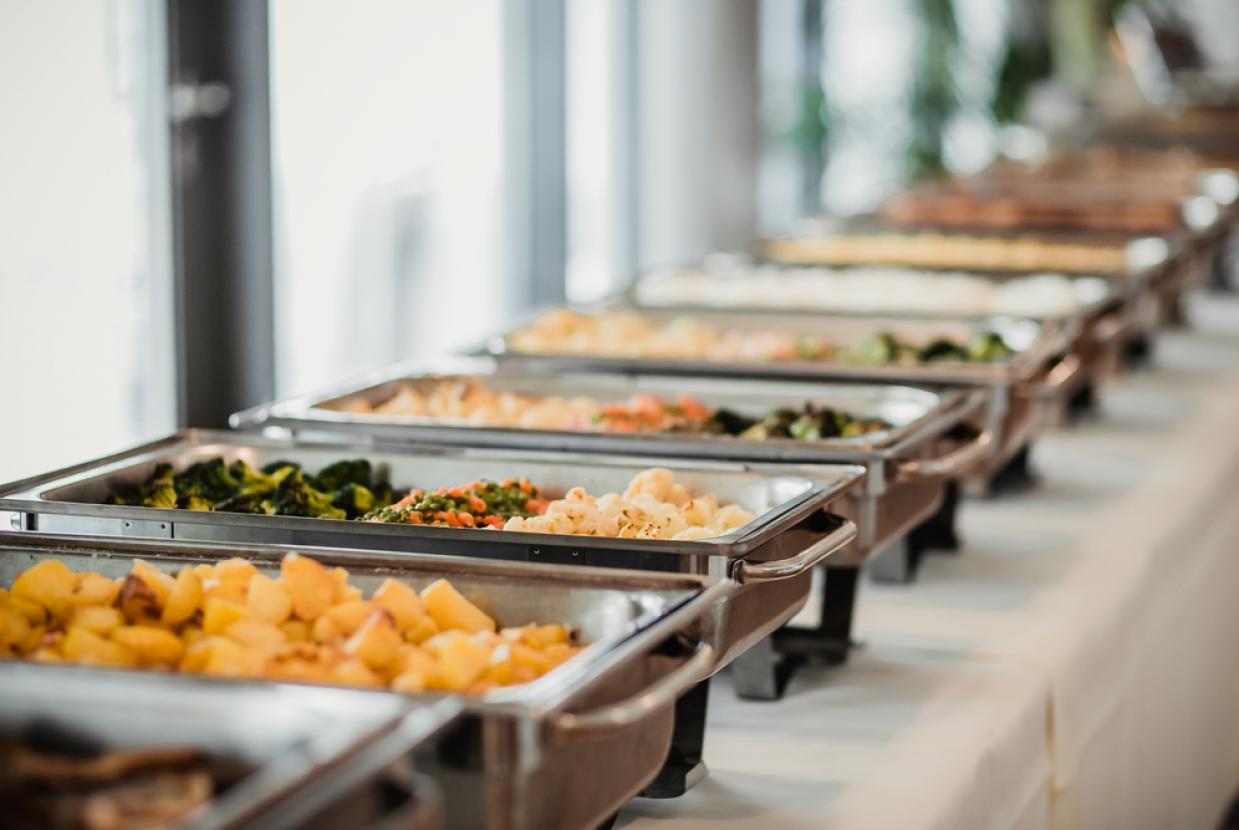Eating, Drinking & Ageing Well
Healthy Diet / Ageing WellHaving a nutrient-rich diet over the age of 65 is important for everyone, which means choosing foods with slightly more protein, calcium, folate (folic acid) and vitamin B12. The amount of carbohydrates, sugar, fibre, fat, and salt you need are likely to remain the same as for younger adults.
Enjoyment of eating and drinking
Taking pleasure in food and drink can help you eat well and maintain your health.
Enjoyment can be increased by getting involved in choosing food and drinks that you like and preparing, cooking and serving meals. For some, sharing a meal with friends or family helps or for others eating alone is more beneficial. Cultural and religious identity is often linked with food and drink too and is there to be celebrated.
Weight
As you get older maintaining your weight is usually best for good health, giving you enough energy to stay well, socialise and be active.
If you have a low body weight you may need some support. If you are very overweight, losing weight may be good for your health but it is important to still eat a nutrient-rich diet, take regular activity and maintain muscle. If you are slightly overweight, losing weight might not actually improve your health.
Activity
Moving more and keeping active, together with eating a nutrient-rich diet keeps your muscles, bones and joints strong.
- Some is good, more is better.
- Make a start today, it’s never too late.
- Every minute counts.
Be active at least 150 minutes moderate intensity per week (increased breathing, able to talk). Swim, brisk walk, cycle.
OR
At least 75 minutes vigorous intensity per week (breathing fast, difficulty talking). Run, stairs, sport. Minimise sedentary time, break up periods of inactivity. For older adults to reduce the risk of frailty and falls, improve balance 2 days a week. Dance, bowls, tai chi.
Vitamin D
Vitamin D supports bones, muscles and teeth. It helps preserve muscle strength, preventing falls, the softening of bones and the risk of fractures.
Vitamin D supplements purchased from a supermarket or pharmacy should provide 10 micrograms (400 IU) each day and are the most effective way to meet your needs.
They should be taken in winter but you may benefit from them all year round. Vitamin D3 is your best choice, however, people following a vegan diet may find vitamin D2 more useful.
A nutrient-rich diet is:
Fruit and vegetables
Fruit and vegetables provide a wide range of vitamins and minerals. Have at least five varied portions every day. Pick leafy greens like kale, spinach, and lettuce which are good sources of folate.
- 1 portion = 80g fresh, frozen or canned, 30g dried
Carbohydrate (Starchy)
Carbohydrates provide energy, especially for the brain. Have one portion of something starchy at each meal.
- 1 portion = 190g cooked pasta, rice or grains, 80g bread or chapati/roti, 30g breakfast cereal or flour, 150g potato, sweet potato, yam, cassava, plantain.
Fibre
Fibre gets your gut working normally, supporting good gut bacteria and it can also help mental health. To help maintain a healthy gut choose wholegrain carbohydrate options and eat fruit, vegetables, beans and lentils.
Fat
Fats are high in energy and should be eaten sparingly but they can help you absorb vitamins like A, D, E and K. Limit high-fat foods like processed meats and pastries. Swap butter/ ghee for unsaturated vegetable, rapeseed, olive and sunflower oils and spread. Nuts and seeds are also good choices.
Milk and milk-based foods
Milk and milk-based products are a key source of calcium. Have three portions of milk and milk-based products per day such as milk, yoghurt, or cheese. If you don’t like, or can’t have milk and milk-based foods, choose calcium-fortified milk-free alternatives.
- 1 portion = 200ml milk, 30g cheese, 125g yoghurt.
Protein
Protein is good for muscle strength, so have at least one portion with each meal. Consider having two or more portions of fish per week, one of which is oily, such as salmon or mackerel. Limit processed meats.
- 1 portion = 90g cooked meat or poultry, 140g fish or shellfish, 2 eggs, 100g meat alternative, 150g cooked beans or lentils, 30g nuts.
Vitamin B12
Intake can be low in older adults but vitamin B12 can help maintain energy levels and health. Regularly have foods fortified with it, for example breakfast cereals or yeast extract, or have animal products including lean meat, fish, poultry, eggs, milk and milk-based foods as outlined above.
Drinking enough?
Fluid is also important as you age. As you get older, you might not recognise the feeling of thirst as you used to, but you still need to drink. All fluids count, not just water. Other fluids include tea, coffee, milk, squash, fruit juice, fizzy drinks, hot chocolate and weak alcoholic drinks (up to 4% strength (ABV). Water, tea, coffee (without added sugar) and milk are the best choices for your teeth. Men and women have slightly different fluid needs:
- Women: at least 1600ml per day = 3 pints
- Men: at least 2000ml per day = 3 ½ pints
Cups & glasses can be lots of different sizes so it’s important to know how much fluid they hold.
- 250ml = 7-8 full mugs a day
- 150ml = 11-14 full cups a day
Drinking often during the day can be the key to getting all the fluid you need. If you drink less than the amount advised and are worried that drinking more might cause you problems controlling your bladder, please discuss this with a healthcare professional.
Alcohol
Alcohol isn’t an essential nutrient and intake should not exceed national recommendations of 14 units per week. Spread your intake across the week, rather than drinking in large quantities in one go – and have some alcohol-free days.
Sugar
Sugar doesn’t provide the body with anything it needs to keep well. Limit your intake of sweet snacks, sugary drinks and confectionery.
Salt
Salt can make food tastier but too much can increase your risk of high blood pressure. Limit it and try replacing with herbs, spices, garlic, vinegar and lemon juice. Reduce your intake of processed meats and salty snacks, as well as the amount of salt you add when cooking or at the table.


